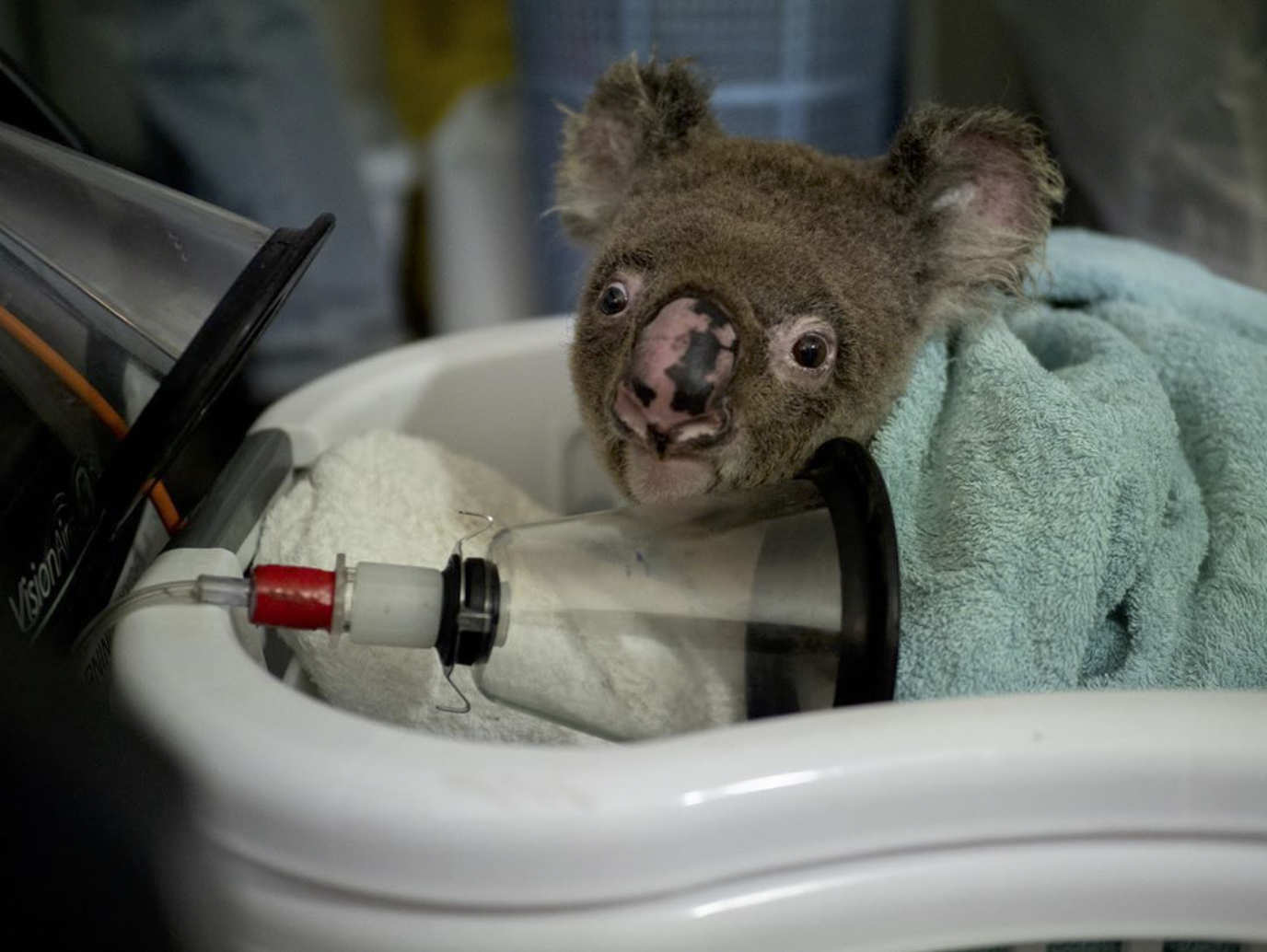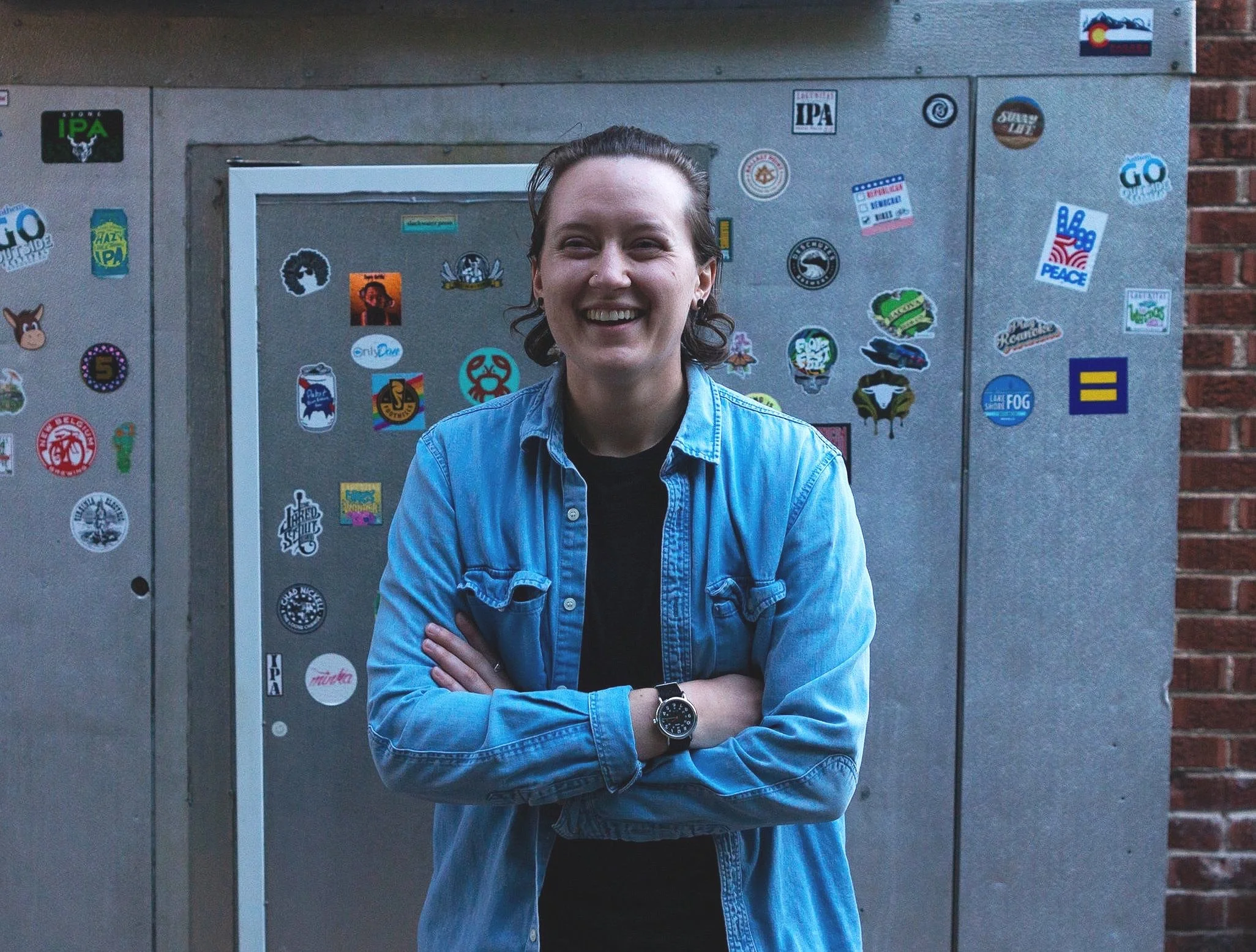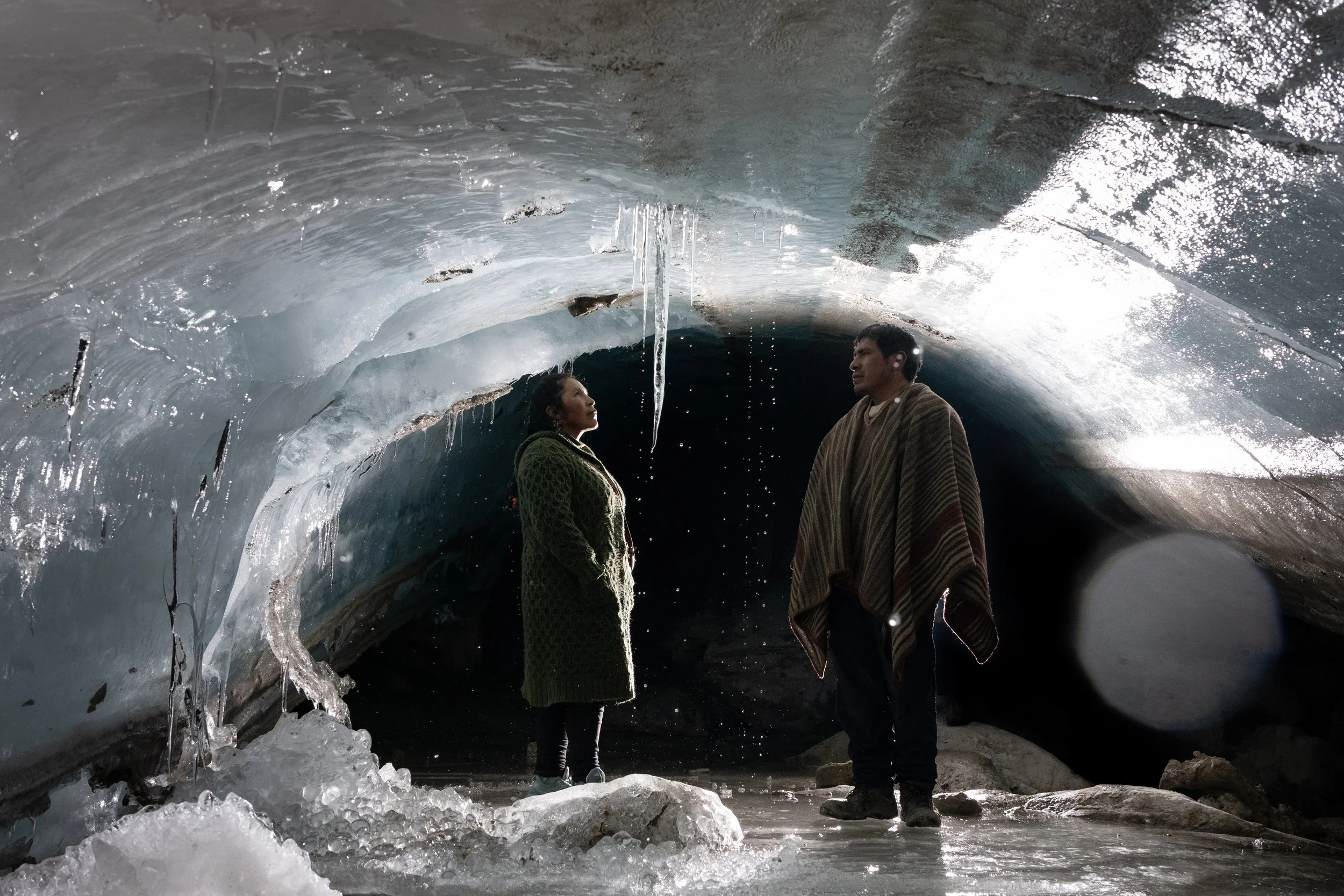Photo by Michaela Skovranova
Michaela Skovranova is a photographer, filmmaker and National Geographic expert, who specializes in documentary-storytelling.
Skovranova has been living in Australia for nineteen years; this deep connection to the country has been the inspiration to use her camera and communicate what it means to see people working collectively and supporting each other in challenging situations. During the outbreak of wildfires in 2019, Skovranova captured frontline efforts across the country.
PWB: What inspired you to cover the wildfires in Australia?
Michaela Skovranova: I’m very connected to this land, it’s a community-oriented environment with a human focus; and seeing people showing resilience and being committed to what each of them could do to help during the wildfires was very moving. All the way from Northern to South Wales I had casual conversations with different individuals and one event led to another. People were keen to talk and get involved, to share their story. I realized I could use my camera to share this collective experience.
PWB: How are Indigenous groups being impacted by the wildfires and are they been engaged?
MS: Indigenous groups have really been affected, I would love to bring people into this, we need to listen. We can’t talk about the wildfires without acknowledging Land management and Indigenous knowledge, they should be at the center of the discussion. What these groups experience is embedded and it's a very important conversation to start. To hear people, we really need to step away and learn how to better collaborate. If people don’t have an understanding of the landscape it makes it hard to have a plan. Without Indigenous people, who have lived there for decades, this understanding will be lacking and it won’t be possible to develop a plan.
Photo by Michaela Skovranova
PWB: How has the Australian government taken measures to control the wildfires?
MS: Dialogue still needs to develop, but they’re starting to have conversations. The government has funds to support festivals and they will subsidize it. However, it's important to also consider that people have donated so much of their time and support. Climate change will continue to affect us, this is not a one time event. It's crucial to understand the impact it has on our health and stress levels that come after catastrophes. There has been a lot of independent charity support, but more dialogue needs to develop between the community and the government to prevent people from feeling abandoned.
PWB: How have storytellers shaped the narrative around the wildfires?
MS: People ask, “is it really as bad as it looks?” In many ways, the media has done well. There has been a lot more attention and people are sharing their stories on social media. Everyone feels the global responsibility of sharing what is happening. It’s their story and its a very human and relatable situation for people, for empathizing. Digital platforms have also allowed individuals to share the story as it develops. Sometimes channels don’t have the time or the capacity to do it, so it’s important for storytellers to cover those stories.
As a visual approach, I think, it helps to really capture the emotions behind the moments and the story. Photography works well with writing and video too. What does a fire sound like? These tools communicate the smell, the sound, the feeling, and most importantly, how to portray that. From a press release perspective, these emotions may not be expressed, but from a personal photograph, it has the potential to be transmitted. Photographers have done a great job of capturing incredible moments and in revealing the landscapes. Its incredible work to get out there and do that. To put that energy into this space. Independent storytellers are needed.
Photo by Michaela Skovranova
Can you share the story behind this photograph?
MS: The woman in the photo has been a volunteer for decades and she has rehabilitated many koalas, very experienced caregiver. In the hospital, the Koalas arriving are named by the person who finds it, and they usually include the area or location where it was found. This Koala is named Lindfield Bass he’s at the hospital. The koalas require care the twenty four hours, so it can be very taxing for volunteers. They also have specific leaves that they like to eat because or their digestive systems. This is quite an involved type of care, especially looking after the wounds. In addition, these koalas are wild and don’t want to be touched. But they accept care even if they’re in shock. They know that these people are looking to make the situation better, it's very selfless work. To me, it’s amazing to see what they’re doing! And now, their work is more important than ever.
Photo by: Michaela Skovranova
PWB: Climate change is an issue that affects us all. Has there been any international support for the provisioning of relief services?
MS: Canada, alongside other countries, has been an incredible source of backbone support and they have donated their time. It’s important to remind ourselves that international support also comes from individuals, not just institutions. When things burn down, people lose access to communication devices and telephone lines. People suffer from displacement; this has a massive impact on the community, beyond the wildlife. They have lost a lot. Globally, anywhere in the world, we are all sharing space and sharing the air. We are all integrated into weather systems. We have a global impact on crises we might not be able to detect yet, and it’s the same vice versa or anywhere else. This should be always seen as a global effort because it’s all connected.
Photo by Michaela Skovranova
“The conversation is beginning, there’s still a lot to learn and acknowledge. These wildfires have been fought by HUGE human, everyday efforts. They’re heroes. There are people going out there and helping but they also have families and community members looking out for them and making sure they’re good. Very supportive communities, it wouldn’t be possible without them. They want things to be done and so they do it. This is a test of resilience, which we will need.”
For more stories from Australia, visit Michaela Skovranova’s website
















